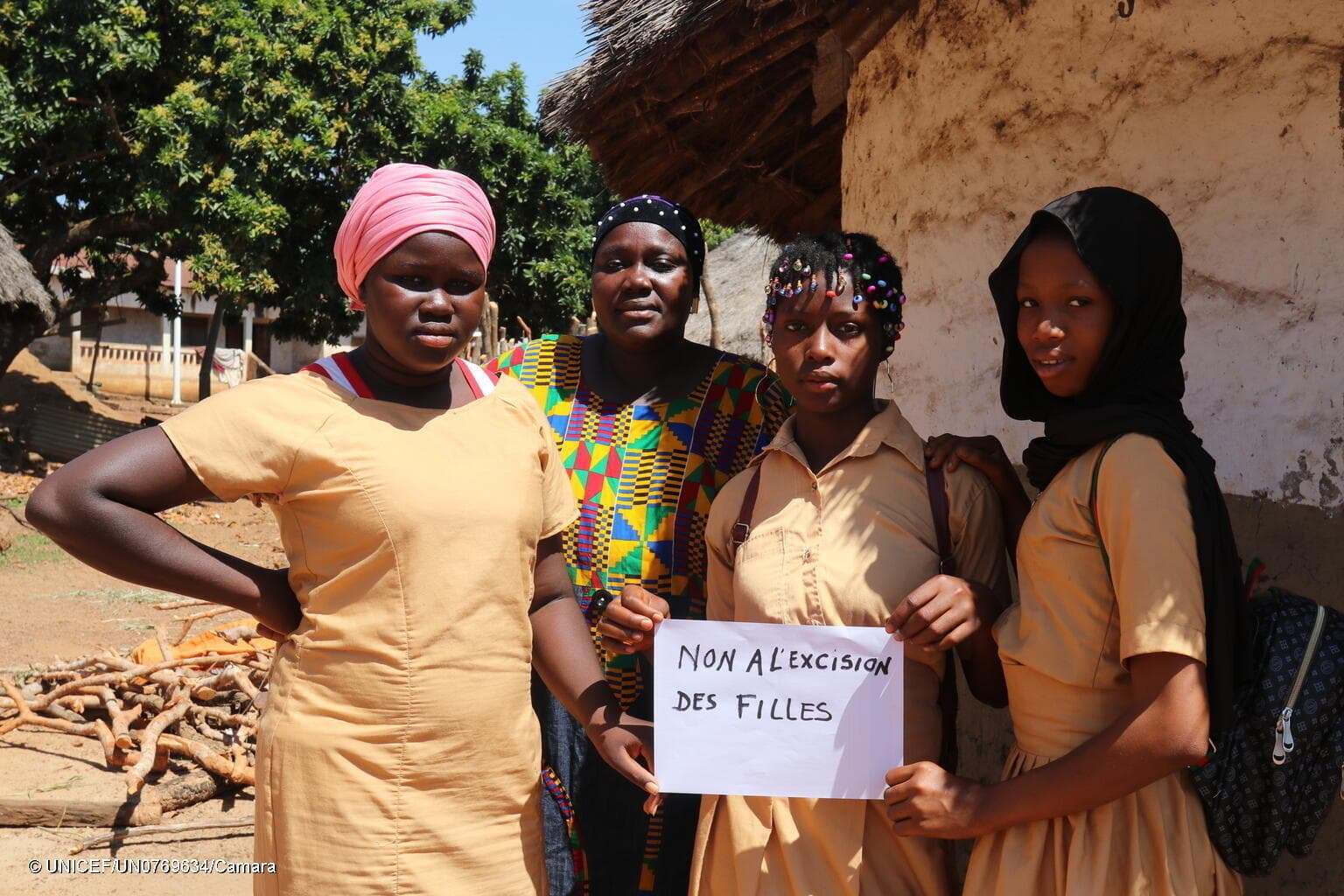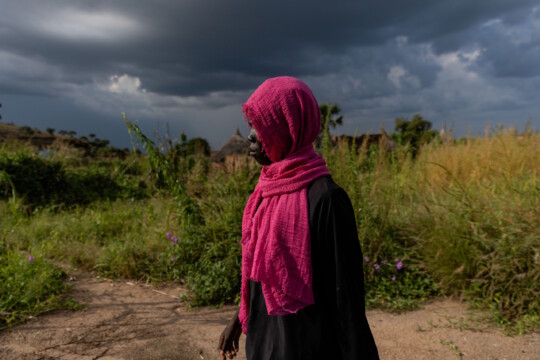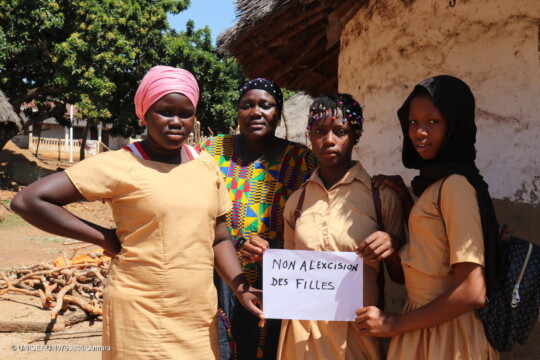Released in observance of International Women’s Day, Female Genital Mutilation: A global concern provides an updated data-driven assessment of female genital mutilation (FGM) around the world. It narrates through numbers the stories of millions of girls and women who have survived the practice and the millions more who remain at risk.
The report reveals that over 230 million girls and women worldwide have undergone FGM – a 15 per cent increase, or 30 million more girls and women, compared to the data released eight years ago. The largest share of the global burden is found in African countries, with over 144 million cases, followed by over 80 million in Asia and over 6 million in the Middle East. FGM is also practised in small, isolated communities and among diasporas globally.
The rapid population growth in countries where FGM is practiced presents a considerable challenge, highlighting the need for increased prevention efforts to safeguard a growing population at risk. Despite this, the report illustrates some hopeful news, revealing significant strides in combating FGM in some countries, with half of the progress of the past 30 years achieved in the past decade alone.
Through the target embedded in the Sustainable Development Goals to eliminate harmful practices, the global community has committed to ending female genital mutilation by 2030. Yet in order to reach this target, progress would need to be 27 times faster than the rate seen in the past decade. This demands urgent, concerted action on an unprecedented scale. This violation of human rights has no place in the 21st century. The time to act is now.



